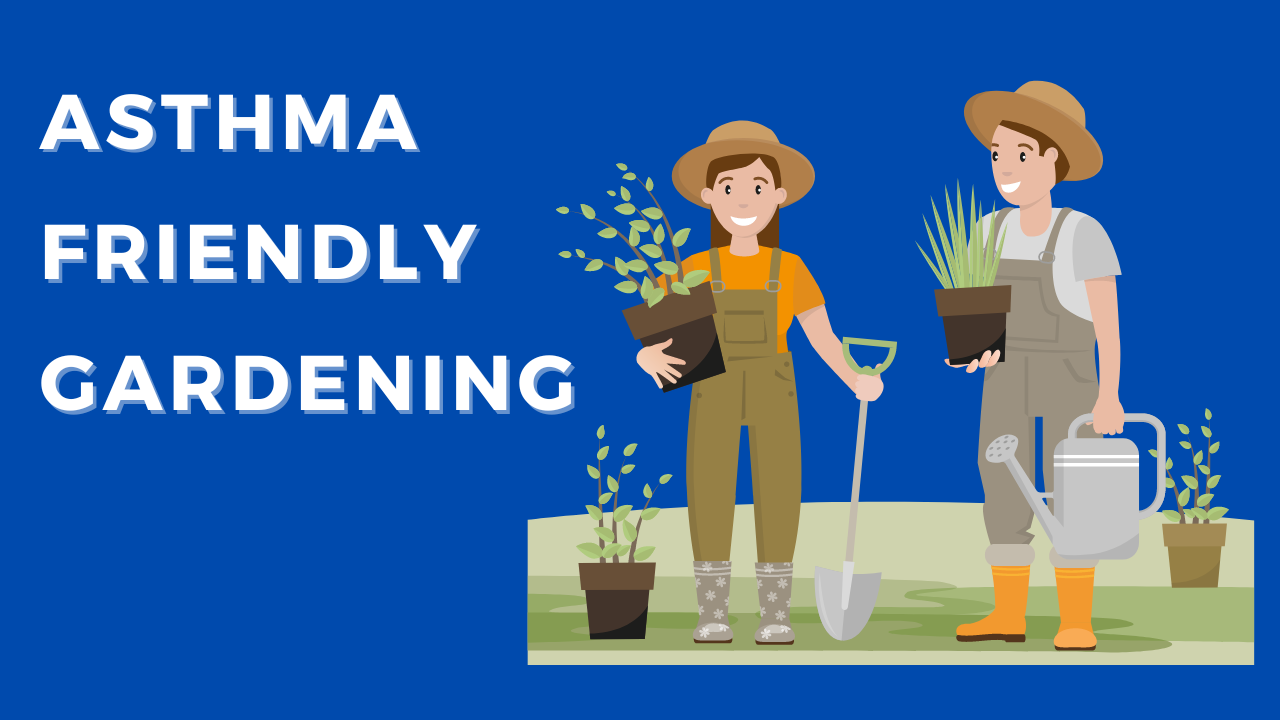Asthma friendly gardening
Jul 20, 2023
-
Choose non-flowering or pollen-free varieties: When selecting plants for your garden, opt for varieties that do not produce flowers or have reduced pollen. This can help reduce the overall pollen count in your garden, which may be beneficial for individuals with pollen allergies.
-
Space plants apart to reduce mold growth and encourage good circulation: Planting your garden with adequate spacing between plants allows for better airflow and reduces the likelihood of mold growth. Good circulation helps prevent stagnant air and minimizes the conditions in which molds thrive.
-
Maintain a clean garden by removing debris and weeds regularly: Regularly clearing away fallen leaves, plant debris, and weeds can help prevent mold growth and minimize the presence of pollen in your garden. This maintenance practice keeps the garden clean and reduces potential asthma triggers.
-
Avoid chemical pesticides by using natural alternatives to minimize asthma triggers: Instead of using chemical pesticides, consider employing natural pest control methods to protect your plants from pests and diseases. Options include using beneficial insects, neem oil, garlic spray, or other eco-friendly alternatives. This approach helps prevent harmful chemicals from triggering asthma symptoms.
- Plan gardening during low-pollen times of the day: Pollen counts are usually higher in the morning and on windy days. If you or someone in your household has pollen allergies, consider gardening during late afternoon or after a rain when pollen levels are typically lower. This can help reduce exposure to allergens and minimize asthma symptoms.
Click here to watch the free mini-course on Healing Asthma - https://www.redashtv.com/opt-in

